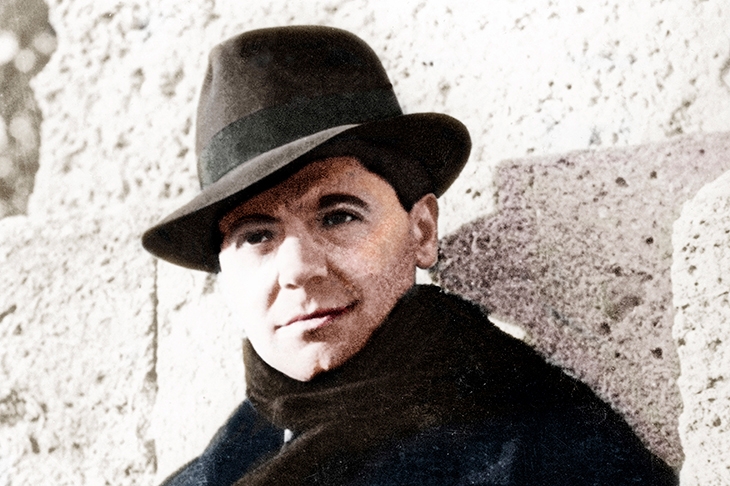Für dich, Tommy, ist der Krieg vorbei. However, many British servicemen, officers especially, didn’t want their war to be over. Or, at least, didn’t want to spend it in a PoW camp. One of the enduring myths of the second world war is that officers had a statutory obligation to escape, but nothing in King’s Regulations required it. Most just saw it as their duty to rejoin their units. The German military courts that tried escaping officers generally viewed it that way too.
Besides escapers, there were those evading capture, particularly downed airmen. In December 1939 a special meeting of the Joint Intelligence Committee discussed how to help them. Present were the heads of MI5 (the ‘Directorate of Military Intelligence, Section 5’, cover name for the Security Service), MI6 (cover for the Secret Intelligence Service) and the Naval Intelligence Division. The result was the creation of MI9. The section would also be responsible for the interrogation of enemy PoWs, though 18 months later a new section, MI19, was created solely for this.
MI9’s work was twofold. First, to get information and gadgets into the camps, and to servicemen prone to capture. The gadgetry is said to have inspired ‘Q Branch’ in Ian Fleming’s Bond novels. Secondly, to set up ‘lines’ along which escapers and evaders could be passed, mainly into Spain or direct to Gibraltar from Marseilles. One of these, the ‘Pat’ line, proved so effective that it could get downed airmen back to England from northern France via Madrid and Gibraltar in 12 days.
Switzerland was nearer, but tough to get even close to and across the border, and then tricky to get out of again. Escapers and evaders in Germany could expect no local help. Airey Neave, the man who probably did most to get Margaret Thatcher elected leader of the Conservative party, and her shadow Northern Ireland minister before being murdered by the IRA, made the first ‘home run’ from Colditz, alongside a Dutch officer.







Comments
Join the debate for just £1 a month
Be part of the conversation with other Spectator readers by getting your first three months for £3.
UNLOCK ACCESS Just £1 a monthAlready a subscriber? Log in